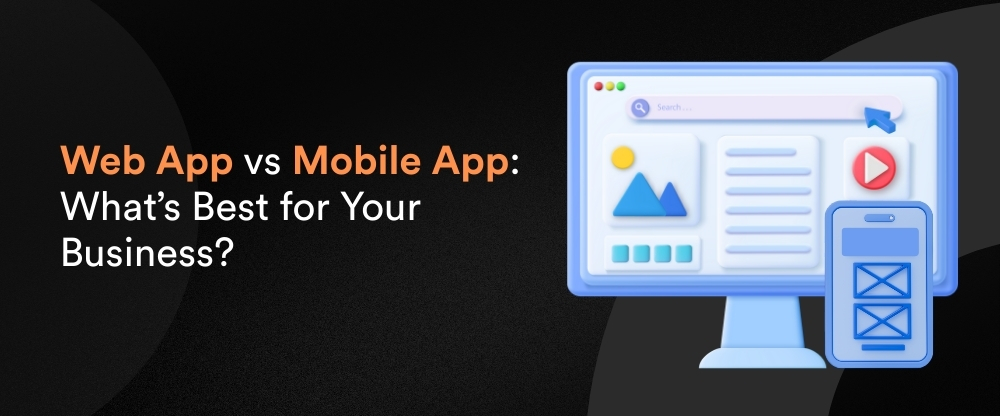
Web app or mobile app? Every business founder hits this crossroads eventually.
The choice seems simple until you dig deeper. Web apps reach more people, but feel clunky on phones. Mobile apps create better experiences but cost more upfront. Meanwhile, your competitors are already building something.
This decision impacts customer satisfaction, development budgets, and growth speed. Working with an experienced mobile app development company prevents these expensive mistakes. And today’s blog will help you decide the right software selection for your business.
What Is a Web App?
A web app runs in your browser. No downloads required or app store visits needed.
It does everything a regular app does, but runs online. Users can access it from their phone, laptop, or tablet. Same experience everywhere.
Popular examples include:
- Google Docs
- Slack (web version)
- Online banking portals
- Canva design tool
Many businesses opt for web apps when they want scalable solutions with fast deployment.
What Is a Mobile App?
Mobile apps are different creatures entirely. They live on phones and tablets. Users download them from app stores. They integrate deeply with device features.
These apps can work offline. They send push notifications. They access your camera, GPS, and contacts. Everything feels fast and responsive.
Think about the apps you use daily:
- Banking apps for quick transfers
- Uber for rides
- Instagram for photos
- Fitness trackers
A mobile app development company helps you build custom apps. These professionally developed apps run smoothly on iOS and Android.
Web App and Mobile App: What are the Differences?
Performance Matters
Mobile apps win the speed race. They’re built for specific devices. Every animation is smooth. Every tap responds instantly.
Web apps depend on browsers and internet connections. A slow connection equals a sluggish experience. Strong WiFi? They work great. Poor signal? Users get frustrated.
Cost Considerations
Web apps cost less upfront. One app works everywhere. No need to build separate iOS and Android versions.
Mobile apps require bigger budgets. Two platforms mean double the development work. Plus ongoing maintenance for both versions.
User Engagement
Here’s where mobile apps shine. Push notifications bring users back. Offline features keep them engaged during commutes, and personalisation creates experiences that build a loyal customer base.
Web apps offer limited engagement tools. No push notifications on most browsers. Offline capabilities are basic at best.
The choice depends on customer behaviour and business goals. Know your audience first.
Comparison: Web App vs Mobile App
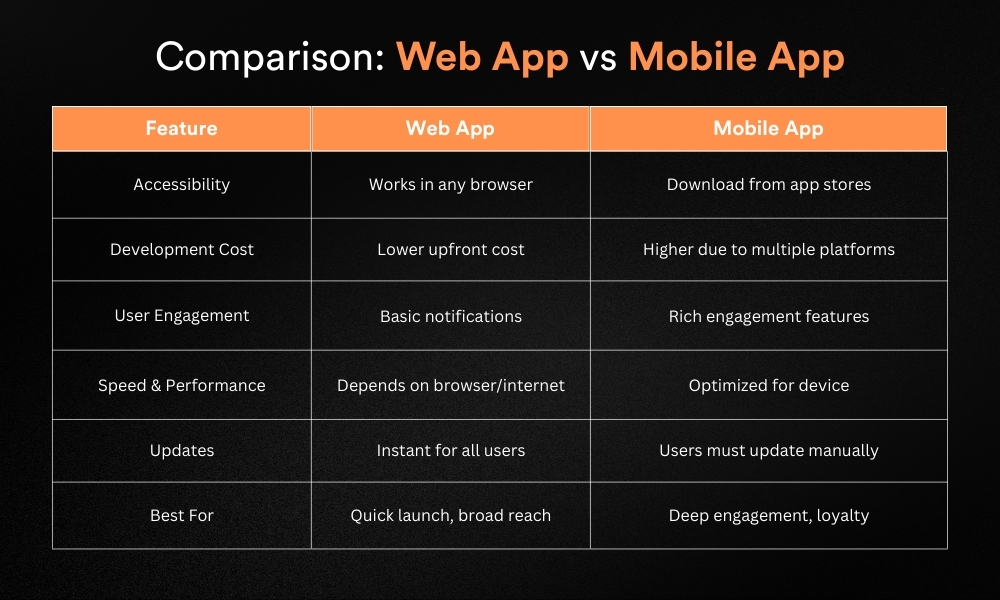
What are the Factors You Should Consider Before Choosing?
Know Your Audience
Mobile-first audiences expect app-like experiences. They want quick access and smooth performance. Desktop-heavy users care more about functionality than flashy features.
Study user behaviour patterns. Check your website analytics. See which devices people use most.
Budget Reality Check
Development costs vary wildly. Web apps usually cost less to develop. But don’t forget ongoing costs. Web apps need server maintenance and browser updates. Mobile apps require regular updates for new iOS and Android versions.
Engagement Goals
Some businesses thrive on frequent user interactions. Others focus on occasional, high-value transactions. Need daily user engagement? Mobile apps deliver better results. Want a broad market reach? Web apps remove barriers to entry.
Time to Market
Web apps launch faster. No app store approvals. No waiting periods. Deploy and go live immediately. Mobile apps take longer. Development is more complex. App store reviews can take days or weeks. Plan accordingly.
A local mobile app development company can assess your business and suggest the best development solution.
When to Choose a Web App?
Perfect for Quick Starts
- Startups love web apps for lower costs and faster launch.
- Small businesses can test ideas without massive investments.
Industries That Thrive
- eLearning Platforms
- SaaS Tools
- News Portals
- Content Management
When to Choose a Mobile App?
Built for Engagement
Mobile apps excel at creating habits. The convenience factor is also huge. One tap opens the app without requiring you to type URLs.
Industries That Benefit
- eCommerce and shopping business.
- Banking.
- Health & Fitness
- Food Delivery
🎧 Podcast: Web App vs Mobile App – The Right Choice for Your Business

In this episode, our Sydney-based development experts discuss the pros, cons, and real-world use cases of web apps and mobile apps. Learn how to make the right decision based on cost, audience, and engagement goals.
Wrapping Up
Choosing between a web app and a mobile app doesn’t have to be confusing. The right choice depends on your goals, budget, and the experience you want to deliver to your users. At VT Digital, our Sydney-based mobile app development team helps Australian businesses cut through the noise and find the best solution for long-term success.
Whether you want the wide reach of a web app or the deep engagement of a mobile app, we’ll guide you every step of the way. Book a free consultation today and let’s build an app that drives both conversions and customer loyalty.
Frequently Asked Questions (FAQs)
Web apps work in browsers. Any device, any time. Mobile apps run on phones and tablets after downloading from app stores.
Check where your customers hang out. Mostly on phones? Mobile app wins. Jumping between laptop and phone all day? Web app makes more sense. Your analytics will guide the decision.
Web apps cost way less. You build it once, and it works everywhere. Mobile apps are most costlier to develop, especially when you’re considering native development.
Yes. People check mobile apps daily. Push notifications bring them back. Web apps? Users forget about them unless bookmarked.
Start with one and test the market response. See what customers actually want. Spotify started as a web player. Instagram began as a web app. Success first, then expand.



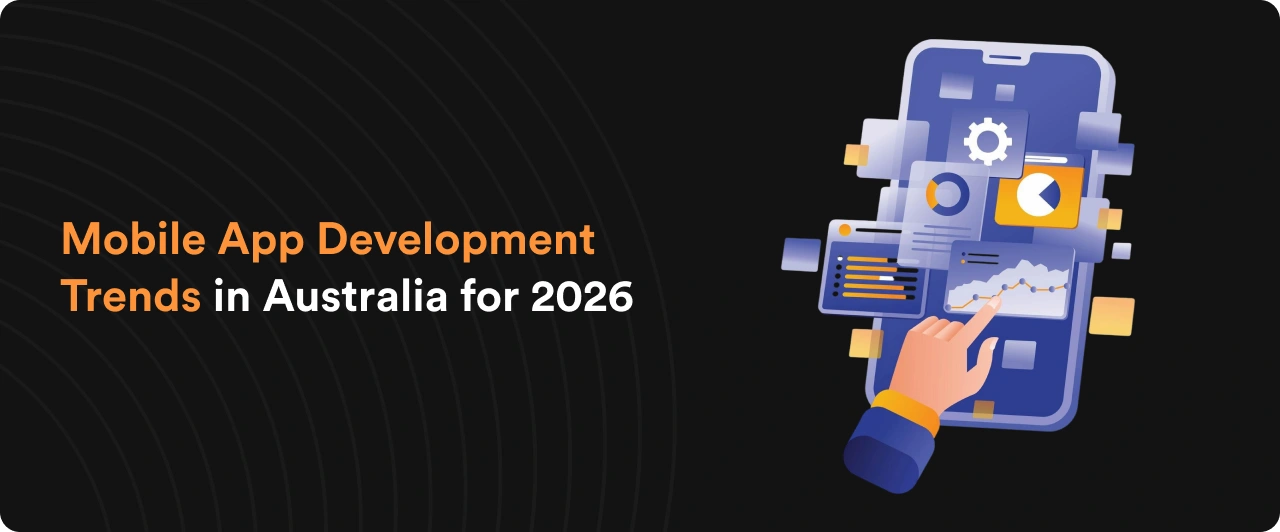
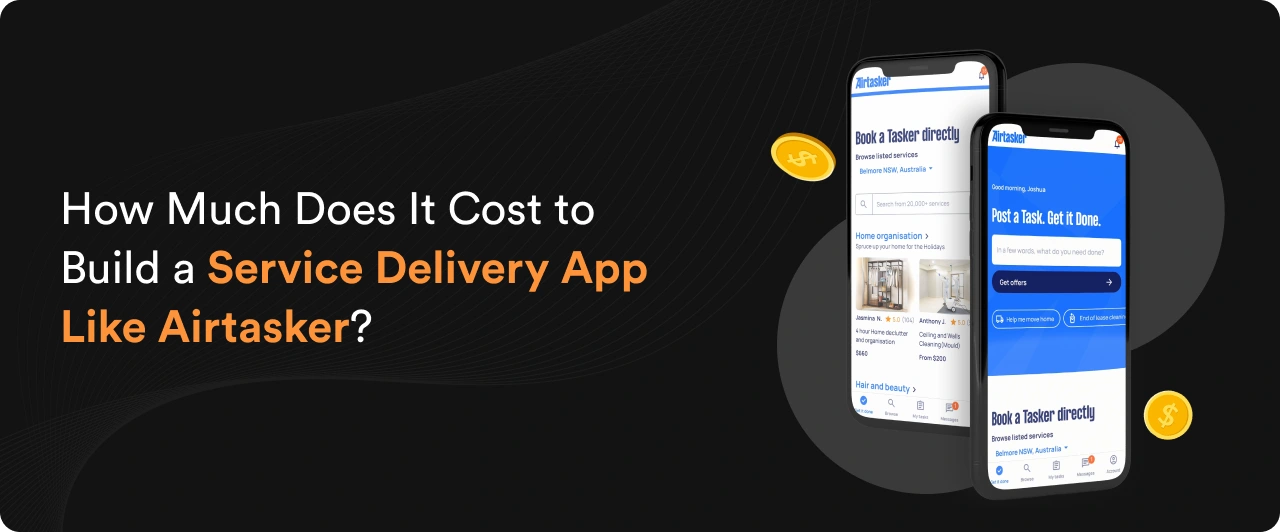


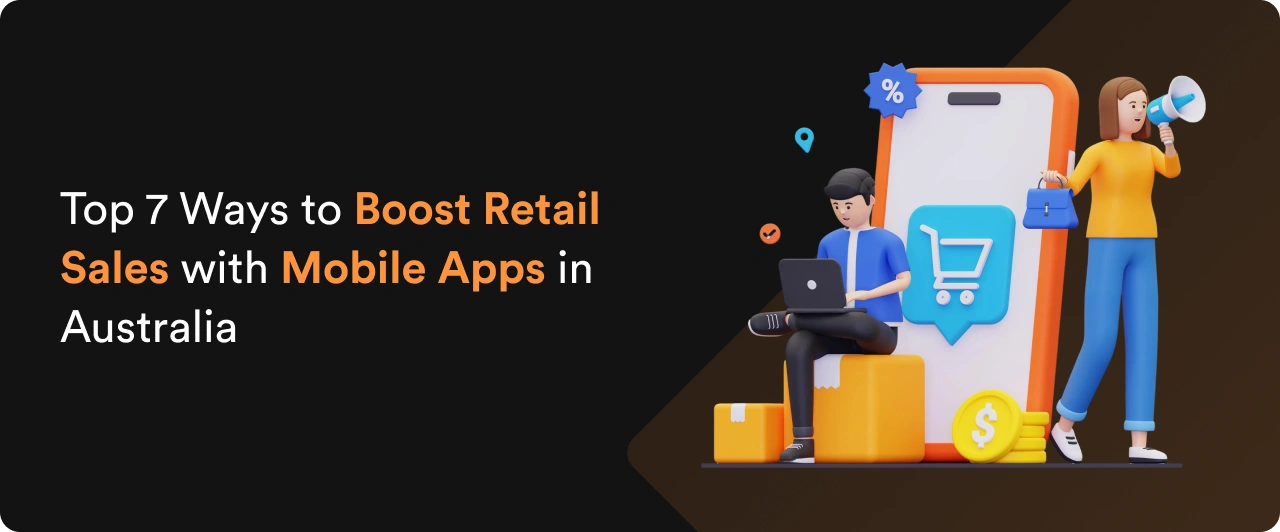

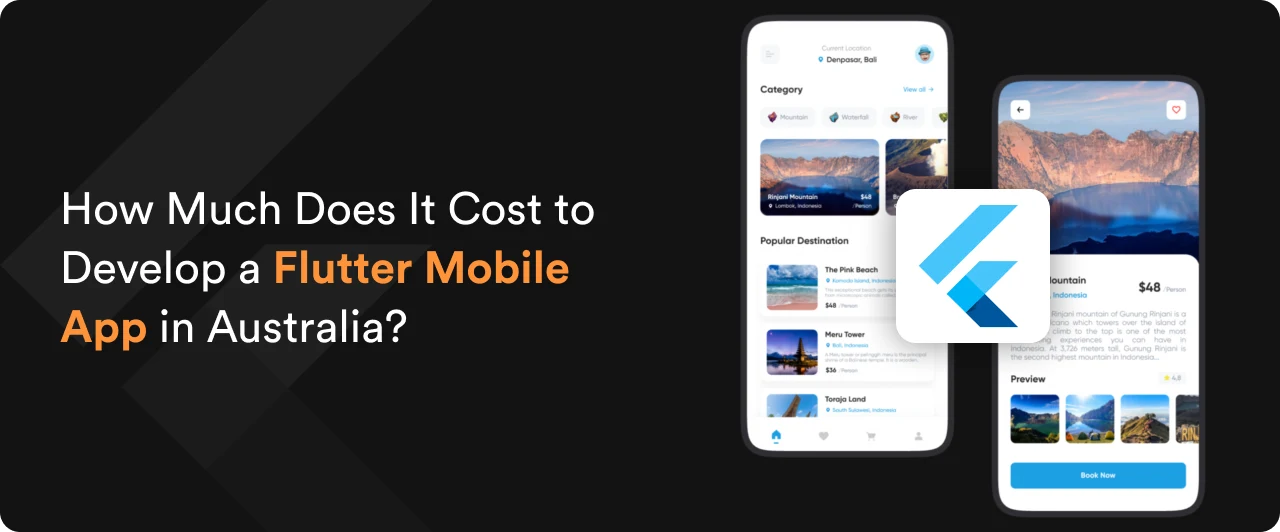
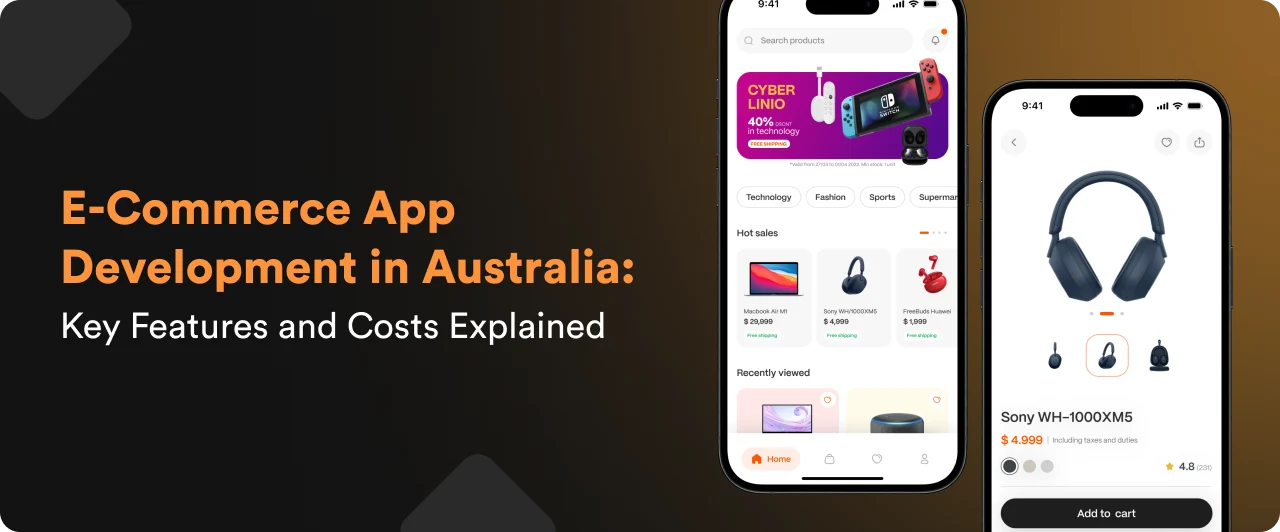
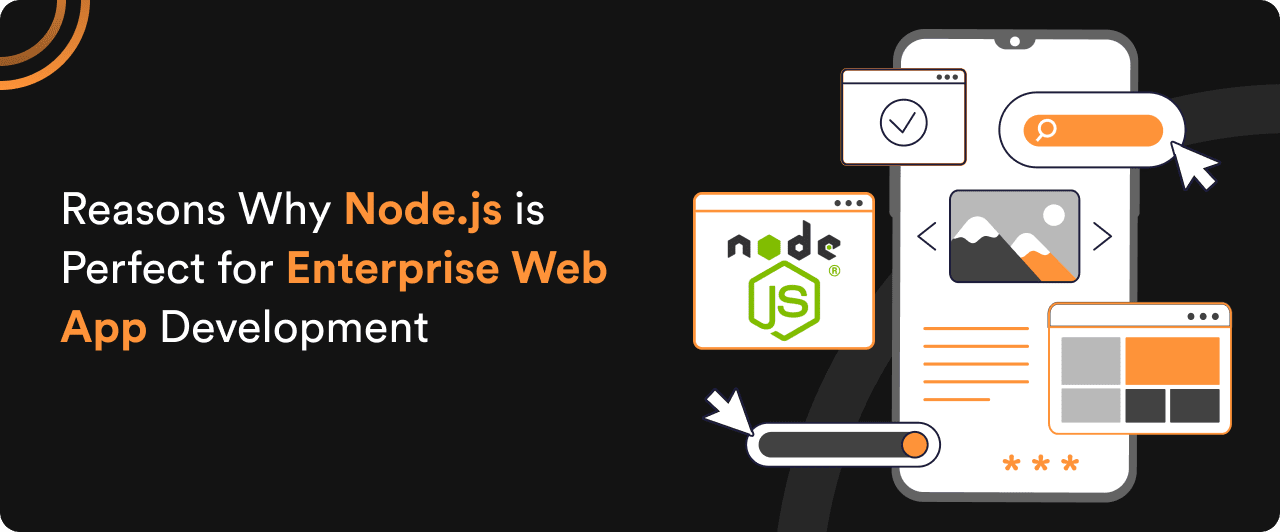
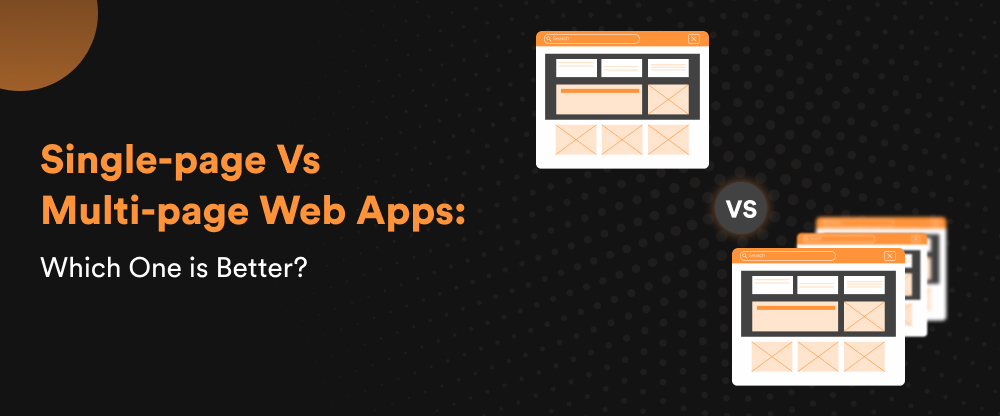
Excellent article. Sharing this with my colleagues.